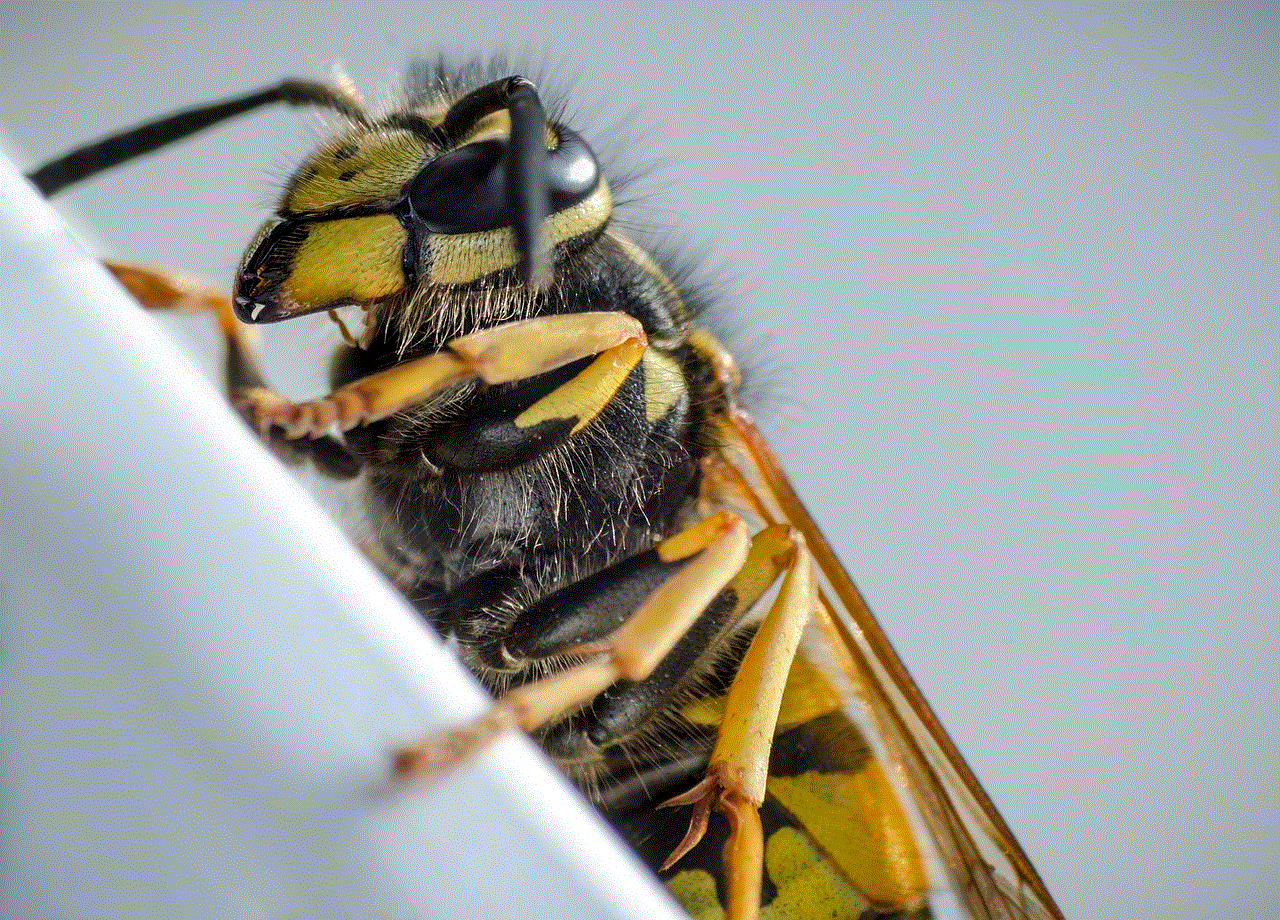what does pos stand for in slang
Pos, or “piece of shit,” is a slang term that has gained popularity in recent years. Originating in the hip-hop community, it is now used in everyday language by people of all ages and backgrounds. While it may seem like a simple acronym, the meaning and usage of pos is complex and multifaceted. In this article, we will delve into the history and evolution of this slang term, its various interpretations, and its impact on modern language and culture.
The term pos first appeared in the 1980s in the underground rap scene of New York City. It was primarily used by graffiti artists to describe a poor-quality or poorly executed piece of graffiti. In this context, it was an abbreviation for “piece of shit,” and was used as a derogatory term to criticize the work of other artists. It was also commonly used to describe someone who was not skilled or respected in the graffiti community.
As hip-hop music gained mainstream popularity in the 1990s, so did the term pos. It was used in rap lyrics and eventually became a part of everyday language, particularly in black and urban communities. The meaning of pos also expanded beyond graffiti to describe anything or anyone that was deemed low-quality or undesirable. It became a way to express disapproval or disdain, much like the term “trash” or “garbage.”
In the early 2000s, the internet and social media played a significant role in the spread of pos. It became a common term used in online forums and chat rooms, especially among teenagers and young adults. As the internet and social media continued to evolve, so did the meaning and usage of pos. It became a versatile term that could be used in various contexts, from describing a person to an object or situation.
One of the most prevalent uses of pos is to describe a person who is considered unattractive or unappealing. In this sense, it is often used as a shallow and hurtful insult. It is also commonly used to describe someone who is perceived as incompetent or unsuccessful. For example, if someone is consistently failing at their job, they may be labeled as a pos by their coworkers.
However, pos can also be used in a more light-hearted and humorous manner. In recent years, it has become a popular slang term in the meme culture. Memes are humorous images or videos that are shared and spread rapidly through social media. Pos is often used in memes as a playful insult or to mock something or someone in a comical way.
Another interpretation of pos is “parent over shoulder.” This meaning is commonly used by teenagers and young adults in online messaging and gaming. When someone types pos, it is a warning to the other person that their parent or guardian is nearby, and they should be cautious about what they say or do. It is a way to avoid getting in trouble or revealing sensitive information.
In addition to its various meanings and interpretations, pos has also spawned different variations and slang terms. For example, “posh” is a term used to describe something or someone that is luxurious or elegant. It is often used in a positive context, unlike the negativity associated with pos. In contrast, “poser” is a term used to describe someone who pretends to be something they are not. It is often used in a derogatory manner, similar to the original meaning of pos.
The usage of pos has not been without controversy. Some argue that it is a derogatory and offensive term that should not be used in everyday language. They believe that it perpetuates negative stereotypes and promotes a toxic culture of insults and put-downs. On the other hand, many argue that it is just a harmless slang term that is used in a playful and humorous manner.
Despite the controversy, pos continues to be a prevalent term in modern language and culture. It has even made its way into mainstream media, with its usage in movies, TV shows, and music. It has become a part of the lexicon of younger generations, and its usage shows no signs of slowing down.
In conclusion, pos is a slang term with a rich history and evolving meaning. It originated in the underground rap scene and has since spread to different communities and online platforms. Its usage is versatile and can be interpreted in various ways, from derogatory to humorous. While some may argue against its usage, it remains a prevalent term in modern language and culture. Love it or hate it, pos is here to stay.
why is webwatcher not working
WebWatcher is a popular parental control software that allows parents to monitor their children’s online activities and keep them safe from potential dangers. With the increasing use of technology and the internet, it has become essential for parents to have a way to keep an eye on their children’s online behavior. WebWatcher claims to provide a comprehensive solution for this purpose, but many users have reported that the software is not working properly. In this article, we will explore the reasons why WebWatcher may not be working and offer solutions to fix the issue.
WebWatcher is designed to be a discreet and efficient monitoring tool for parents. It offers a wide range of features such as monitoring texts, calls, social media, and internet browsing history. The software is compatible with both Android and iOS devices, making it accessible to a large number of users. However, despite its popularity, there have been numerous complaints from users about WebWatcher not functioning as expected. Let’s delve deeper into the possible causes and solutions for this issue.
1. Outdated Software
One of the most common reasons why WebWatcher may not be working is an outdated version of the software. Like any other software, WebWatcher releases updates to fix bugs and improve performance. If you are using an older version of WebWatcher, it may not function properly, and you may experience issues such as incorrect data, delayed updates, or failure to capture information. To avoid this, always ensure that you are using the latest version of the software.
2. Compatibility Issues
WebWatcher is compatible with most iOS and Android devices, but there are some devices that may not be supported. If you are using a device that is not listed on the WebWatcher website, the software may not work correctly. It is essential to check the compatibility of your device before purchasing the software to avoid any compatibility issues.
3. Poor Internet Connection
WebWatcher relies on a stable internet connection to transmit data from the monitored device to the user’s online account. If the internet connection is slow or unstable, the software may not be able to capture data in real-time, resulting in delayed updates. Additionally, if the internet connection is interrupted, the software may fail to upload the data to the online account, resulting in missing information.
4. Incorrect Installation
Another reason why WebWatcher may not be working is an incorrect installation. The software requires physical access to the device to be monitored for installation. If the installation process is not followed correctly, the software may not function as expected. It is crucial to follow the installation instructions provided by WebWatcher carefully to avoid any issues.
5. Incorrect Login Credentials
To access the data collected by WebWatcher, users need to log in to their online account using their login credentials. If you have forgotten your username or password or entered them incorrectly, you will not be able to access the data. In such cases, the software may appear to be not working, but the issue may be due to incorrect login credentials.
6. Inconsistent Data
WebWatcher uses a cloud-based system to store and transmit data. In some cases, there may be inconsistencies in the data due to various factors such as internet connectivity, software updates, or device compatibility. This can result in incorrect data being displayed on the online account, making it appear as if the software is not working.
7. Anti-virus or Firewall Interference
Some anti-virus programs or firewalls may interfere with the functioning of WebWatcher. They may block the software or flag it as a potential threat, resulting in the software not working correctly. If you have anti-virus or firewall software installed on your device, ensure that WebWatcher is added to the list of trusted applications to avoid any interference.
8. Device Settings



WebWatcher requires certain device settings to be enabled for it to function correctly. For instance, on iOS devices, the “iCloud Backup” setting must be turned on, and the monitored device must be connected to Wi-Fi. If these settings are not enabled, the software may not be able to capture data from the device, resulting in it not working correctly.
9. Data Overload
WebWatcher stores all the data collected from the monitored device on its cloud-based servers. In some cases, if there is a large amount of data being transmitted, it may result in data overload, causing the software to malfunction. This is more likely to happen if there are multiple devices being monitored under one account. To avoid this, it is advisable to regularly delete old data from the online account.
10. Software Glitches
Despite constant updates and bug fixes, there may be occasional glitches in the WebWatcher software, resulting in it not working correctly. In such cases, the best solution is to contact customer support and report the issue. They will be able to assist you in resolving the issue and provide any necessary updates to fix the glitch.
In conclusion, WebWatcher is an efficient and reliable parental control software, but like any other technology, it is not without its flaws. If you are experiencing issues with the software, the first step is to identify the cause and try the suggested solutions. If the issue persists, contacting customer support is the best course of action. By following the installation instructions correctly, regularly updating the software, and ensuring a stable internet connection, you can avoid most of the common issues with WebWatcher. With proper usage, WebWatcher can be an invaluable tool for parents in keeping their children safe in the digital world.
can you hack messenger
The world of communication has undergone a massive transformation in recent years, with the rise of social media platforms and messaging apps. One of the most popular messaging apps is Messenger, developed by facebook -parental-controls-guide”>Facebook . With over 1.3 billion active users, Messenger has become an integral part of our daily lives. However, with its immense popularity, comes the question – can you hack Messenger?
Hacking has always been a hot topic, with the rise of cybercrime and data breaches. It is the act of gaining unauthorized access to a computer system or network. Hacking has been portrayed in movies and TV shows as a thrilling and almost magical process, with hackers being able to break into any system with just a few keystrokes. However, in reality, hacking is a serious crime that can have severe consequences.
Now, coming back to the question at hand – can you hack Messenger? The answer is both yes and no. Let’s explore in detail.
Yes, Messenger can be hacked:
Like any other messaging app or social media platform, Messenger is not immune to hacking. As with any online platform, there are always vulnerabilities that hackers can exploit. These vulnerabilities can range from weak passwords, outdated software, and even human error. With the right tools and knowledge, a hacker can gain access to someone’s Messenger account and potentially steal sensitive information.
There have been several instances where hackers have successfully hacked into Messenger accounts. In 2018, over 50 million Facebook accounts were hacked, with the hackers gaining access to personal information, including Messenger conversations. Similarly, in 2019, a vulnerability in Messenger’s code allowed hackers to install spyware on users’ devices, giving them access to all their private conversations.
No, Messenger cannot be hacked:
On the other hand, Facebook, the company behind Messenger, has implemented several security measures to protect its users’ privacy. Messenger uses end-to-end encryption, which means that only the sender and recipient can access the messages. This makes it nearly impossible for anyone, including Facebook, to intercept and read the messages.



Moreover, Facebook has a bug bounty program, where it rewards ethical hackers for reporting any vulnerabilities they find in its systems. This means that the company is constantly working to improve its security and fix any potential vulnerabilities. Additionally, Facebook has a dedicated security team that monitors and responds to any potential threats.
So, while it is technically possible to hack Messenger, it is not an easy task. It requires a high level of technical knowledge, resources, and most importantly, access to the target’s device. Without access to the device, a hacker cannot access the end-to-end encrypted conversations.
How can Messenger be hacked?
There are several methods that hackers can use to hack into a Messenger account. Let’s take a look at some of the most common ones.
1. Phishing attacks: This is one of the most commonly used methods by hackers. In a phishing attack, the hacker sends a fake login page to the target, asking them to enter their login credentials. The target, thinking it is a legitimate page, enters their credentials, which are then captured by the hacker. They can use these credentials to log into the Messenger account and gain access to all the conversations.
2. Keylogging: This method involves installing a keylogger on the target’s device. A keylogger is a type of software that records every keystroke made on the device. This includes login credentials for Messenger. The hacker can then access the recorded data and use it to log into the Messenger account.
3. Malware attacks: As mentioned earlier, in 2019, hackers used a vulnerability in Messenger’s code to install spyware on users’ devices. The spyware could access all the information on the device, including Messenger conversations. Hackers can also use other types of malware, such as Trojan horses, to gain access to the device and the Messenger account.
4. Social engineering: This method involves manipulating the target into revealing their login credentials. Hackers can use various tactics, such as posing as a trusted individual or creating a sense of urgency, to trick the target into giving away their credentials.
What can you do to protect your Messenger account?
While it is not entirely in your control to prevent a determined hacker from gaining access to your Messenger account, there are several steps you can take to make it more difficult for them.
1. Use strong and unique passwords: This is the first line of defense against hacking. Use a strong and unique password for your Messenger account, and do not use the same password for other accounts. Also, enable two-factor authentication, which adds an extra layer of security.
2. Be cautious of suspicious links: Avoid clicking on links sent by unknown individuals, as they could be phishing attempts. Always verify the source before clicking on any links.
3. Keep your device and software updated: Regularly update your device’s operating system and apps, including Messenger. This ensures that you have the latest security patches and reduces the chances of someone exploiting a vulnerability.
4. Use a reputable antivirus software: Antivirus software can detect and prevent malware attacks, reducing the risk of someone gaining access to your device.



5. Be careful of what you share: Be mindful of the information you share on Messenger, especially sensitive or personal information. You never know who might have access to your account.
In conclusion, while it is possible to hack Messenger, it is not an easy task. Facebook has implemented several security measures to protect its users’ privacy, and it is constantly working to improve its security. However, as users, we must also take necessary precautions to protect our accounts and personal information. So, the next time someone asks you, “can you hack Messenger?” You can confidently say, “yes, it is possible, but not easy.”